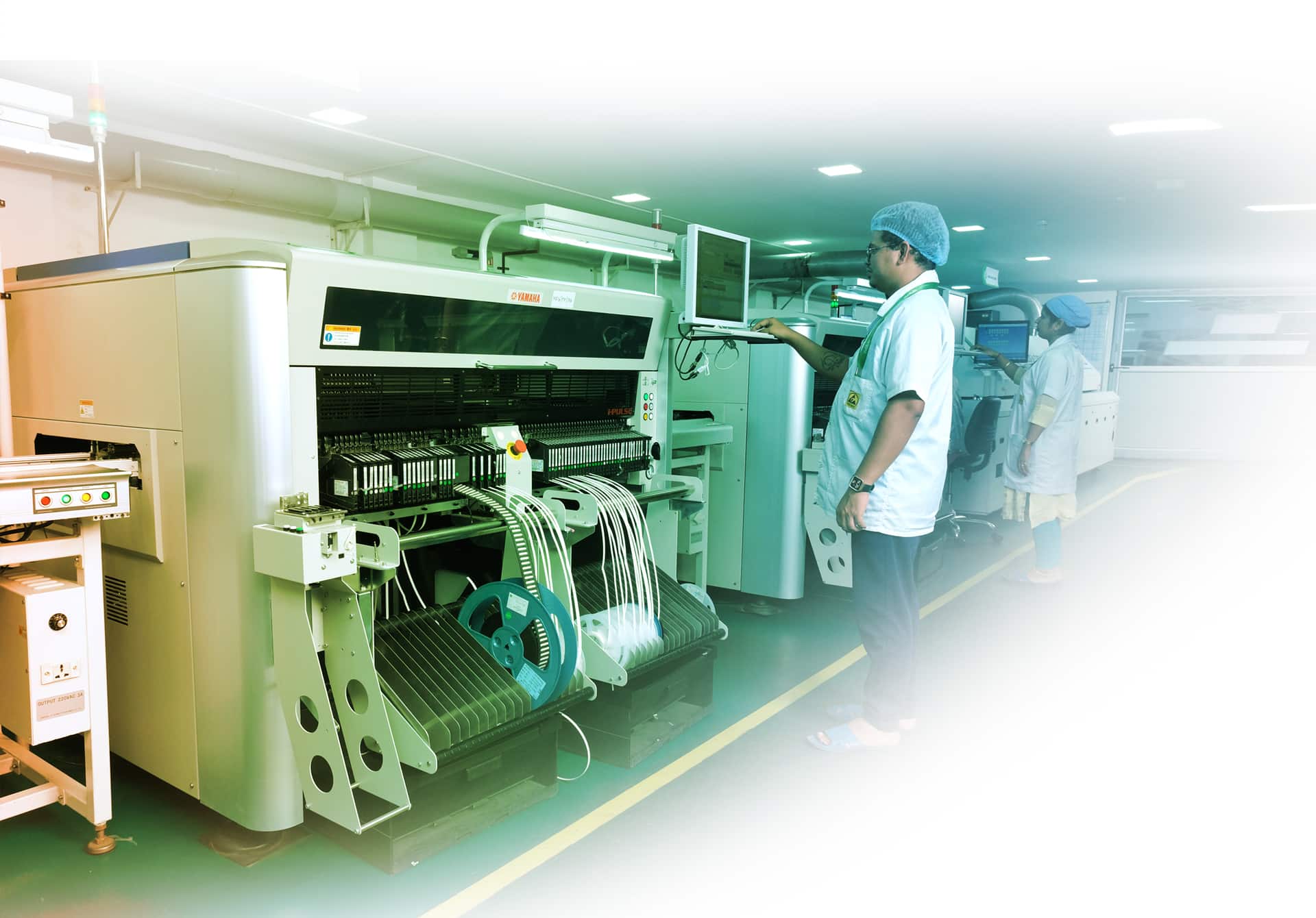In the ever-evolving landscape of electronic manufacturing, businesses are increasingly turning to Electronic Manufacturing Services (EMS) to meet their production needs. EMS providers play a pivotal role in the design, manufacturing, testing, and distribution of electronic components and devices. Among the myriad benefits that EMS brings to the table, customisation and flexibility emerge as key advantages that businesses leverage to gain a competitive edge. In this blog post, we will explore how customisation and flexibility offered by Electronic Manufacturing Services contribute to the success of businesses in the dynamic world of electronics.
Understanding Electronic Manufacturing Services
Electronic manufacturing services encompass a of outsourced services that support the development and manufacturing of electronic components and devices. These services are provided by specialized companies equipped with the expertise and infrastructure to handle various aspects of the production process. EMS providers collaborate with original equipment manufacturers (OEMs) to bring electronic products to market efficiently and cost-effectively.
The Power of Customisation
Tailored Solutions for Diverse Industries: One of the primary advantages of partnering with EMS providers is the ability to access tailored solutions that meet the unique requirements of different industries. Whether it’s automotive, healthcare, aerospace, or consumer electronics, EMS providers have the expertise to customise electronic products to suit specific applications and industry standards.
Design Flexibility: EMS providers offer design services that allow businesses to bring their concepts to life. From prototyping to the final design, these services enable clients to customise electronic products according to their specifications. This flexibility is crucial for staying ahead in industries where innovation and differentiation are key drivers of success.
Scalable Manufacturing: Customisation doesn’t stop at the design phase. EMS providers offer scalable manufacturing solutions, allowing businesses to adjust production volumes based on market demand. This scalability ensures that businesses can respond promptly to changes in market dynamics without compromising on quality or incurring excessive costs.
Faster Time-to-Market: The ability to customise products with the support of EMS providers translates to faster time-to-market. Businesses can expedite the product development process,
meeting consumer demands more rapidly and gaining a competitive advantage in industries where being first to market is often a decisive factor.
Flexibility in Manufacturing Processes
Adaptability to Market Changes: Electronic manufacturing services are built on a foundation of flexibility. This flexibility extends to manufacturing processes, allowing businesses to adapt to changes in market trends, regulations, or technological advancements. Whether it’s a design modification or a shift in production requirements, EMS providers can swiftly accommodate these changes.
Cost Efficiency: Flexibility in manufacturing processes also contributes to cost efficiency. EMS providers optimise production workflows, implement lean manufacturing principles, and leverage economies of scale to ensure cost-effective production. This is particularly beneficial for businesses seeking to control costs without compromising on product quality.
Supply Chain Agility: The global supply chain is susceptible to disruptions, and flexibility is paramount in mitigating these challenges. EMS providers often have established networks and contingency plans in place, ensuring a resilient supply chain. This agility is crucial in preventing delays and maintaining continuity in production, even in the face of unforeseen events.
Compliance and Quality Assurance: Industries such as aerospace, medical, and automotive have stringent regulatory requirements. EMS providers, with their focus on flexibility, are adept at adhering to these standards. They can swiftly implement changes to meet new regulatory requirements and ensure that products comply with industry-specific quality and safety standards.
Collaboration and Communication
Partnership Approach: Successful customisation and flexibility in electronic manufacturing are often the result of a collaborative partnership between businesses and EMS providers. Effective communication and a transparent exchange of information are critical to understanding the unique needs of each project and tailoring solutions accordingly.
Real-time Information Sharing: EMS providers leverage advanced communication tools and project management systems to facilitate real-time information sharing. This transparency enables businesses to stay informed about the progress of their projects, identify potential challenges early on, and work collaboratively to find solutions.
Overcoming Challenges
While customisation and flexibility are undeniably advantageous, challenges may arise in the implementation process. Balancing customisation with cost-effectiveness, managing supply chain complexities, and maintaining consistent quality standards require careful navigation. Establishing clear communication channels and a robust partnership with EMS providers is essential to overcoming these challenges and ensuring successful collaboration.
Conclusion
In the fast-paced world of electronic manufacturing, businesses must navigate challenges and seize opportunities swiftly. Electronic manufacturing services emerge as strategic partners, offering the dual advantages of customisation and flexibility. The ability to tailor solutions to specific industry needs, adapt manufacturing processes to changing market dynamics, and foster collaboration through effective communication positions businesses for success. As technology continues to evolve, businesses that harness the power of electronic manufacturing services are better positioned to innovate, stay agile, and thrive in the dynamic landscape of electronic product development and manufacturing.





